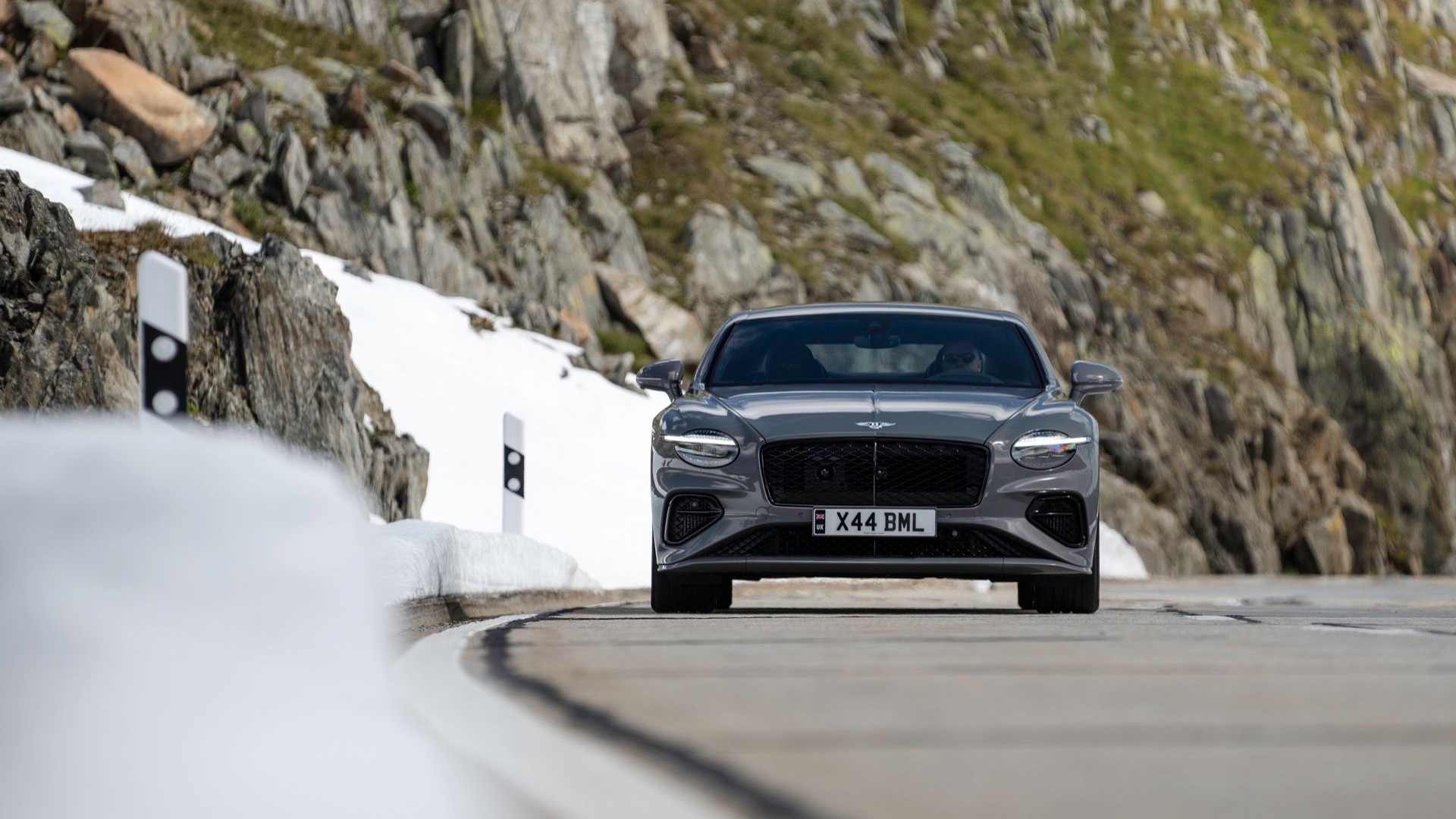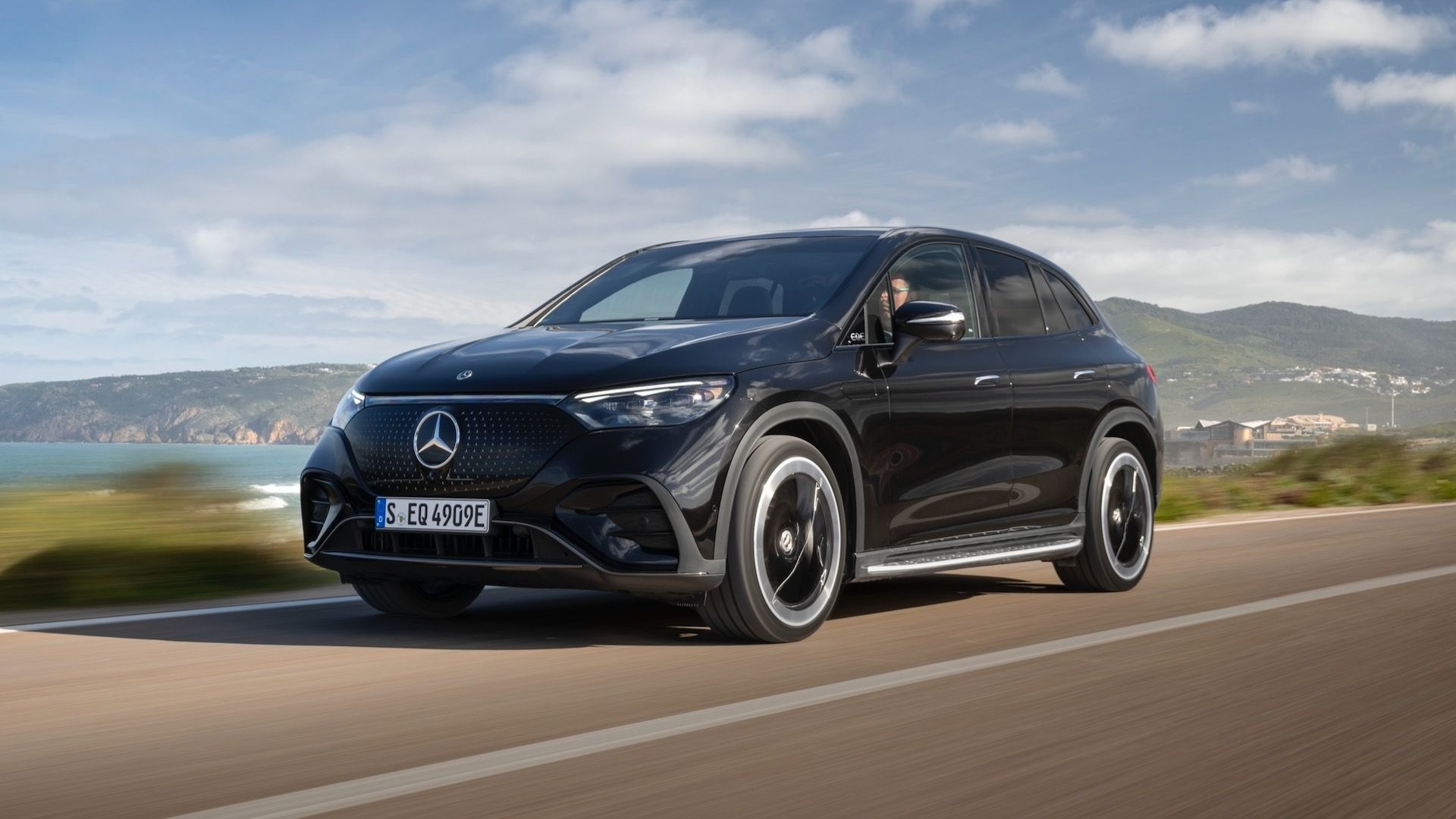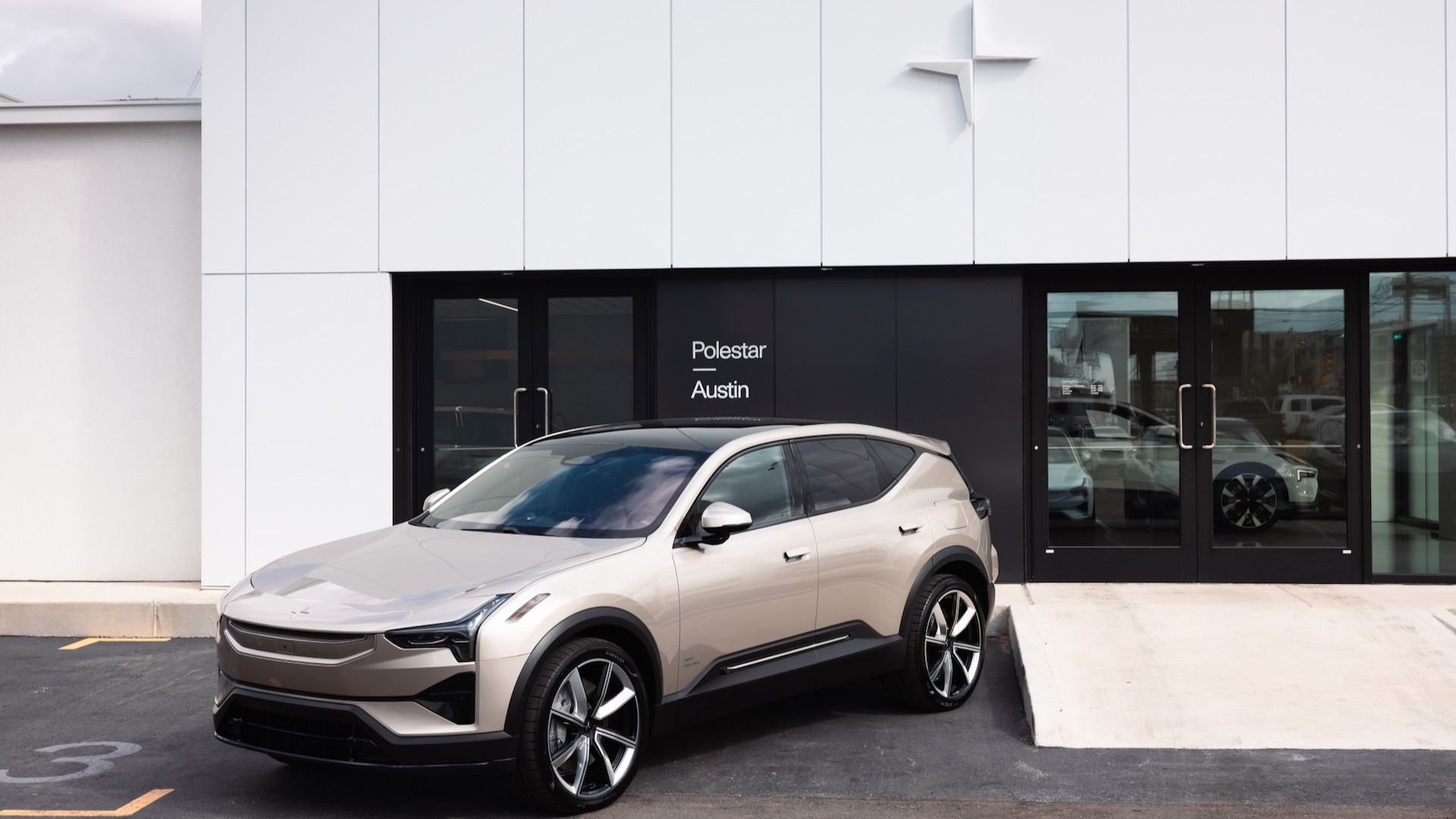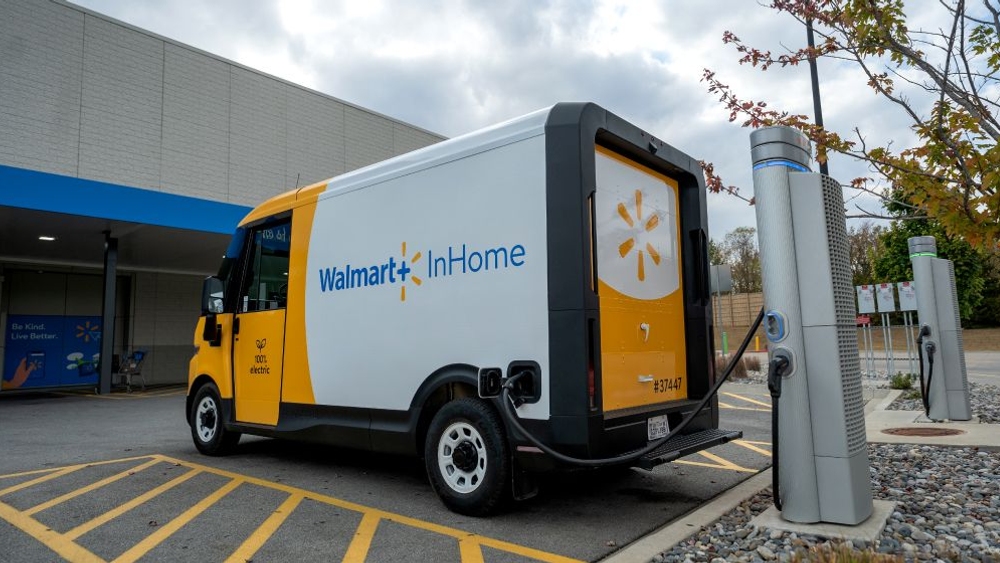
EEStor ZENN
We follow EEStor developments closely because if their technology comes to fruition it would radically and rapidly revolutionize the electrification of the automobile. Their unique technology capacitor-based battery, in theory, is far more energy dense and low weight than lithium ion , is cheap to produce out of unlimited natural resources, suffers no degradation, and can be recharged in minutes.
As great as this technology sounds, it has never been proven nor demonstrated in working form.
The world waits for this moment. So does Zenn Motors, a Toronto-based EV firm that is 10.7% owner of EEStor and has based its entire future and business plan on receipt of production EESUs. In fact, Zenn recently announced they would only be selling EEStor drivetrains to other manufacturers, and won't even build EVs themselves, though they do make low volume of low speed neighborhood EVs.
The CEO of Zenn Motors Ian Clifford had previously told AllCarsElectric.com "this September EEStor has stated that they will be certifying at-voltage components which actually are build capacitors off their production facility," and in a leaked audio interview EEStor founder Dick Weir said "we've told the world that you can anticipate us being in a pre-production mode of ESUs by the 4'th quarter this year (2009)."
So here we are in the 4th quarter. Did EEStor have their EESU or a functional component certified as achieving its stated goals?
Zenn spokesperson Catherine Scrimgeor told us, " EEStor stated that they anticipated completing component testing in September. This is not a formal milestone per our Technology Agreement. It is up to EEStor to announce any additional achievements or progress outside of the formal milestones outlined in the technology agreement."
OK so EEStor could have done it but not announced it.
The company did announce earlier this year that the specialized barium titanate powder they would be using in the EESU achieved its goal permittivity at low voltage. For that test they used a nearby company called Texas Research International and it was performed by scientist Dr. Ed Golla. It might be that if EEStor were to certify a full EESU or functional component they might use the same firm and scientist.
I reached out to Dr. Golla to find out.
He said "No. I have not been involved in any testing since the permittivity testing at low voltage."
He added, "I would be very interested in the outcome of any such testing."
Wouldn't we all.












